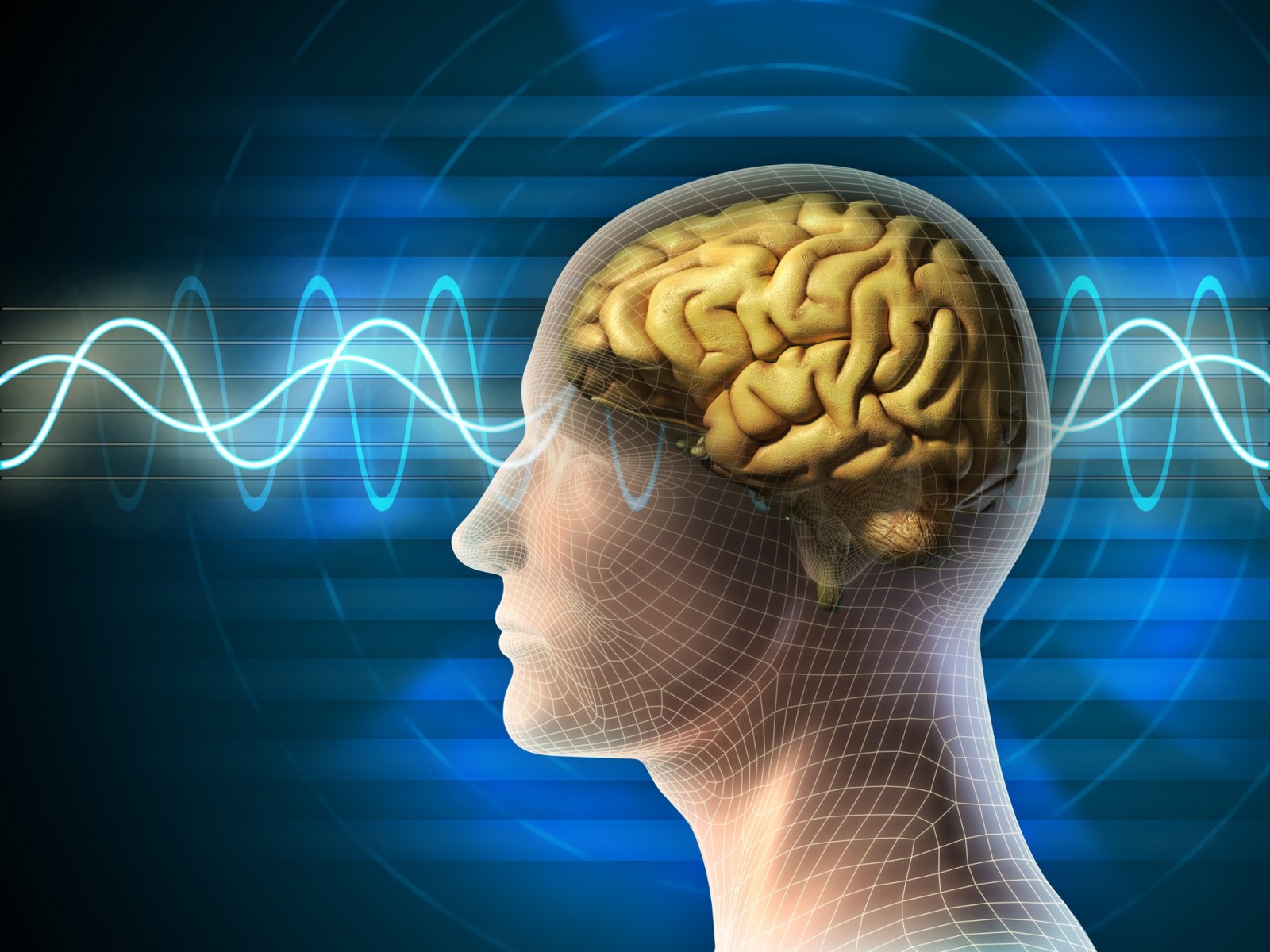The human mind is a complex and powerful tool, capable of immense creativity, memory, and resilience. Yet, many of its abilities remain underutilised or misunderstood. Science has made great strides in uncovering insights about how our brains work, revealing fascinating ways to enhance mental performance. Here are eight intriguing facts that could help you unlock the full potential of your mind.

1. Your Brain Rewires Itself Through Neuroplasticity
One of the most transformative findings in neuroscience is the concept of neuroplasticity, which means that your brain can reorganise itself by forming new connections throughout life. Engaging in new activities, such as learning a language or picking up a musical instrument, stimulates brain plasticity, improving cognitive abilities and memory. Research shows that even small, consistent changes can lead to lasting improvements in brain function.

2. Sleep is Essential for Memory Consolidation
We often underestimate the power of sleep, but it is essential for solidifying memories and improving learning. Studies from Harvard Medical School highlight that during sleep, especially deep sleep, the brain strengthens neural connections made during the day. Creating a bedtime routine that allows for quality sleep can significantly enhance memory and cognitive function.

3. Physical Exercise Boosts Brain Health
Exercise is not only good for the body but also vital for brain health. Physical activity increases blood flow to the brain and promotes the release of chemicals like brain-derived neurotrophic factor (BDNF), which supports the growth of new brain cells. Research from the Mayo Clinic reveals that regular exercise can reduce age-related mental decline and improve focus, memory, and problem-solving abilities.
4. Your Brain Has a Built-in Reward System
The brain’s reward system, governed by neurotransmitters like dopamine, plays a key role in motivation and reinforcement. Setting small goals and celebrating each achievement triggers dopamine release, which can make habits like studying or exercising more enjoyable. Understanding how to leverage this system can lead to increased productivity and a more motivated mindset.

5. Meditation Reshapes Your Brain Structure
Meditation, often practised for relaxation, also has profound effects on brain structure. Research from UCLA suggests that regular meditation thickens the prefrontal cortex, responsible for decision-making and emotional control, and the hippocampus, which is crucial for memory. Practising mindfulness or meditation for just a few minutes daily can foster greater emotional resilience, focus, and stress management.

6. The Brain Can Only Focus for 90 Minutes
Research indicates that the human brain can focus intensely for about 90 minutes before needing a break. This rhythm, known as the ultradian rhythm, suggests that short, regular breaks during work or study sessions are essential for sustaining peak performance. Adopting a 90-minute work cycle followed by a break can improve focus, productivity, and mental clarity.

7. Your Subconscious Influences Decision-Making
Studies show that much of our decision-making happens subconsciously, as the brain processes information rapidly and intuitively. The more familiar you become with a subject, the more your subconscious mind helps you make quick, effective decisions. Practising activities like visualisation and affirmations can train the subconscious mind to support your conscious goals and boost confidence.

8. Learning New Skills Delays Cognitive Decline
Challenging your brain with new, complex tasks can help keep it sharp as you age. Research published in the Journal of Gerontology shows that learning new skills, such as coding or painting, encourages the brain to create new pathways, which can delay the onset of cognitive decline. Engaging in lifelong learning fosters mental agility and keeps the mind active and healthy.
The Takeaway
By understanding and applying these eight insights, you can tap into the hidden power of your mind to enhance cognitive performance, creativity, and emotional resilience. These findings emphasise the brain’s remarkable adaptability and capacity for growth. With regular practice and mindful choices, you can unlock mental potential that was previously untapped, creating a richer and more fulfilling life.







